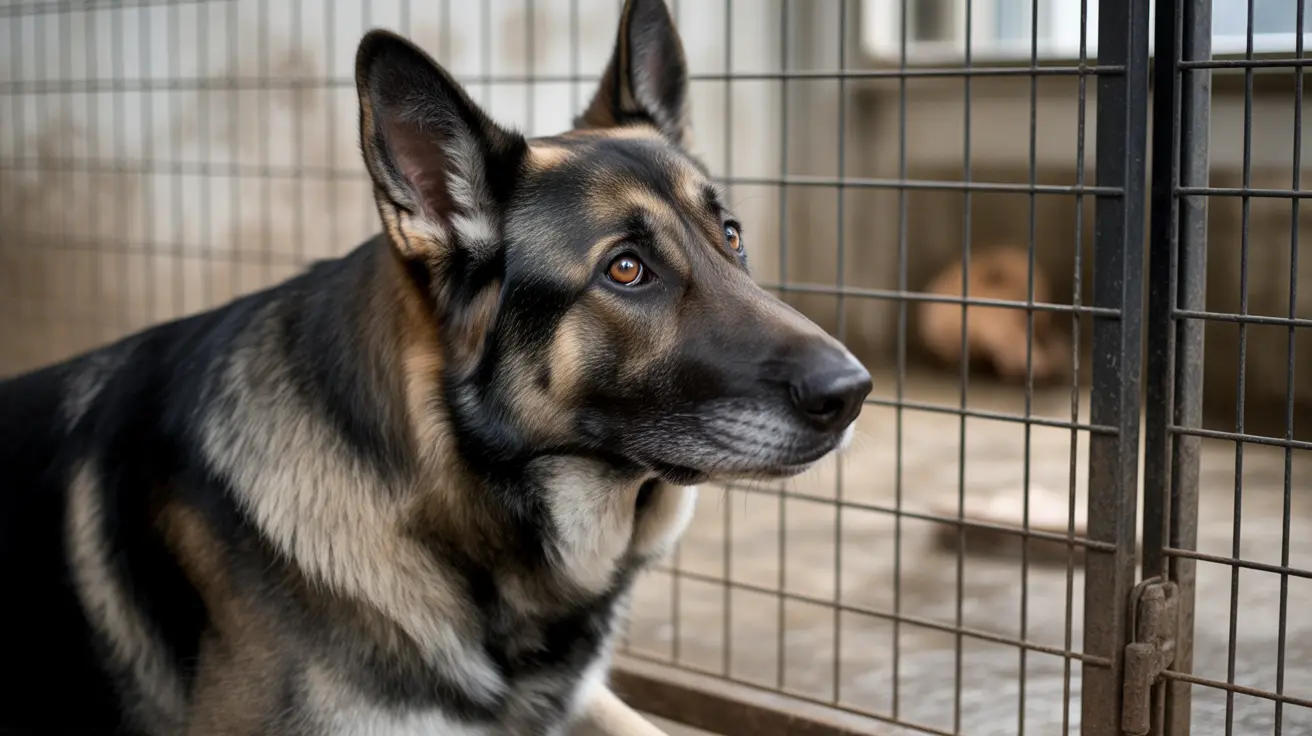When preparing your cat for neutering or spaying surgery, understanding the proper fasting guidelines is crucial for their safety. As a responsible pet parent, knowing how many hours your cat should fast before neutering can help ensure a smooth and successful procedure. This comprehensive guide will walk you through everything you need to know about pre-surgical fasting for your feline friend.
Why Fasting Before Surgery is Essential
Pre-surgical fasting serves a vital purpose in protecting your cat during anesthesia. When cats undergo anesthesia with food in their stomachs, they risk aspiration – where stomach contents can enter the lungs, potentially causing serious complications. Modern veterinary protocols have refined fasting guidelines to balance safety with your cat's comfort and well-being.
Standard Fasting Guidelines for Adult Cats
For healthy adult cats, veterinarians typically recommend fasting for 6-8 hours before surgery. This timeframe has been shortened from traditional 12-hour recommendations based on current research showing that shorter fasting periods can be equally safe while reducing stress on the animal.
Most veterinary clinics advise withholding food after midnight if your cat's surgery is scheduled for the following morning. This ensures adequate fasting time while making it easier for pet parents to remember and comply with the guidelines.
Special Considerations for Kittens and Senior Cats
Fasting requirements vary significantly based on your cat's age and health status. Kittens under 8 weeks old should only fast for 1-2 hours before surgery due to their increased risk of hypoglycemia (low blood sugar). Senior cats or those with medical conditions may need customized fasting protocols, which your veterinarian will specify based on their individual needs.
Water Access Guidelines
Unlike food restrictions, most veterinarians allow cats to have access to water up until a few hours before surgery. This helps prevent dehydration, which can complicate the procedure and recovery. However, always confirm specific water guidelines with your veterinary clinic, as recommendations may vary based on your cat's health status and the timing of the procedure.
Managing the Fasting Period
Successfully managing your cat's fasting period requires preparation and vigilance. Remove all food sources, including treats and access to other pets' food bowls. Keep indoor/outdoor cats inside during the fasting period to prevent hunting or scavenging. If you have multiple pets, you may need to separate them during fasting times to ensure compliance.
Post-Surgery Feeding Guidelines
Once your cat's surgery is complete, follow your veterinarian's instructions about when to resume feeding. Most cats can have small amounts of food once they're fully awake and alert, typically a few hours after surgery. Start with small portions to prevent digestive upset, and ensure fresh water is always available during recovery.
Frequently Asked Questions
How many hours should an adult cat fast before neutering surgery?
Adult cats should typically fast for 6-8 hours before neutering surgery. Most veterinarians recommend withholding food after midnight for morning surgeries.
What is the recommended fasting time for kittens under 8 weeks before spaying or neutering?
Kittens under 8 weeks should only fast for 1-2 hours before surgery due to their higher risk of hypoglycemia.
Can my cat drink water before neutering surgery, and when should water be stopped?
Most veterinarians allow water access until a few hours before surgery, but specific guidelines vary by clinic. Always confirm water restrictions with your veterinary team.
Why is fasting important before anesthesia in cat neutering or spaying procedures?
Fasting prevents aspiration during anesthesia, where stomach contents could enter the lungs and cause serious complications.
How should I manage my cat's fasting and prevent accidental eating before surgery?
Remove all food sources, keep outdoor cats inside, secure trash bins, and separate multiple pets if necessary to ensure complete fasting compliance.
By following these guidelines and working closely with your veterinarian, you can help ensure your cat's neutering procedure is as safe and successful as possible. Remember that these recommendations are general guidelines, and your veterinarian may provide specific instructions based on your cat's individual needs.






